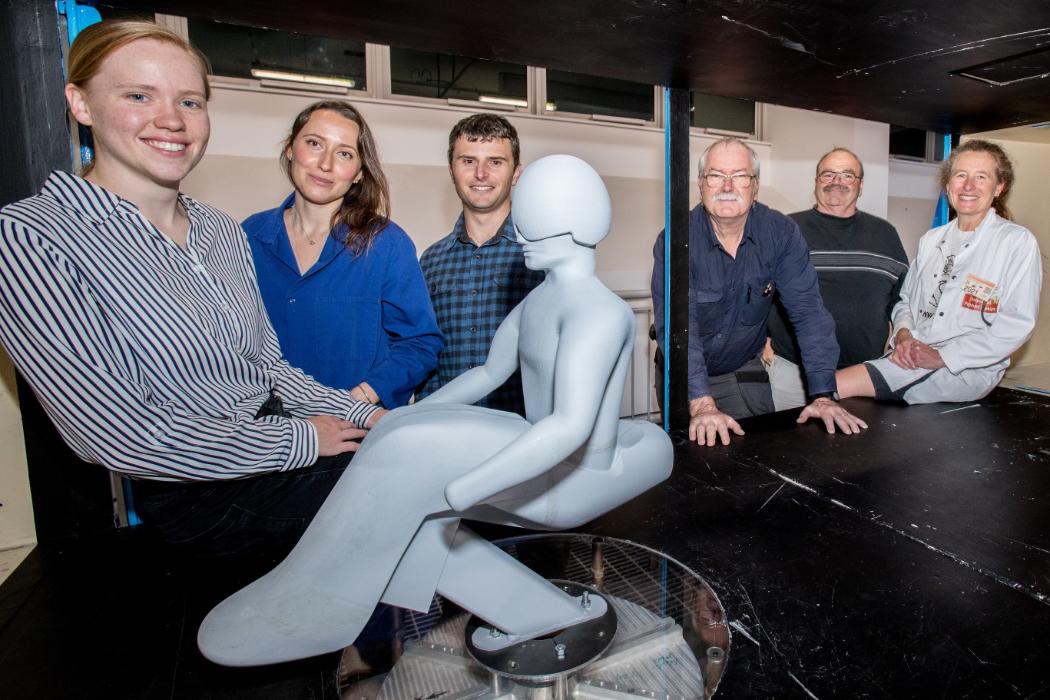Bioengineering
Introduction
Bioengineering is a quickly growing field in Aotearoa New Zealand and around the world. Recent demographic and economic forecasts have indicated that increased mechanisation of health care will be required to cope with the longer life expectancy and increased rates of chronic disease due to sedentary lifestyles. Hence, clinicians and medical instrumentation companies are increasingly looking to engineers for solutions.
Bioengineering involves the application of biological and engineering principles to areas of medicine and healthcare. It encompasses Medical Engineering, Biomaterials, Biomechanics, Rehabilitation, Medical Modelling, Therapeutics, and Medical Informatics Technology. Engineering within the context of the human body requires knowledge across a wide spectrum of disciplines from basic science to concept design.










